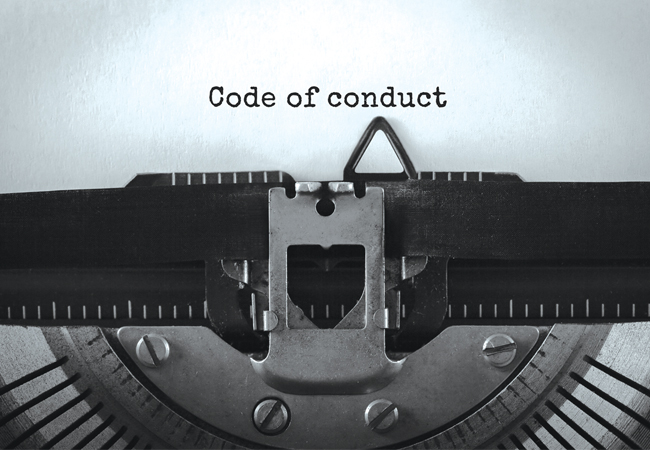
As a professional engineering institution, CIBSE sets high standards for its members. On joining CIBSE, all members commit to abide by the Code of Professional Conduct.
The Code is designed to uphold the dignity and reputation of the profession and to safeguard the public interest in matters relevant to the art, science and practice of building services engineering.
In 2017, the Professional Conduct Committee undertook a review of the Code to ensure it remains relevant. This version includes a clause based on the Engineering Council’s statement on whistleblowing to offer better support and clarify employers’ obligations. The updated code can be found at cibse.org/codeofconduct
The CIBSE Code of Conduct is supported by the best practice outlined in the guidance from the three organisations below:
Royal Academy of Engineering statement of ethical principles
This statement was produced through discussions with engineers from a number of different engineering institutions and with philosophers specialising in applied ethics. It is intended to be a statement of the values and principles that guide engineering practice and the codes of practice published by the participating engineering institutions. Details available here.
Engineering Council guidance on whistleblowing
This guidance is intended to support engineers and technicians when confronted by a potential whistleblowing situation. It sets out the processes engineers and technicians should follow in raising such a concern and where to get advice. Details available here.
Construction Industry Council’s essential principles for built environment professionals
The Essential Principles Guide is an initiative that emerged from the Built Environment Professional Education project in March 2017. It contains six principles to guide, support and motivate all built environment professionals when making decisions for clients, employers and society, which affect the achievement of an inclusive environment. Details available here.
- At the July 2017 meeting, the Board approved a change to the Professional Practices Committee, re-naming it the Professional Conduct Committee (PCC).
